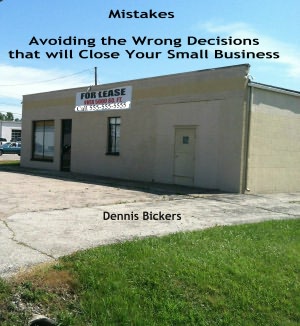When we think of powerful dreams the first person we often remember is Dr. Martin Luther King, Jr. because of his famous I Have a Dream Speech. Even now one cannot hear that message without feeling the power of his dream, a dream which he was totally committed to seeing occur even at the cost of his life. As a graduate of Liberty University with two degrees from that school I think often of Jerry Falwell's dream of starting a university for Christians that would compare with any other university in the world. Starting very humbly in classrooms in his church that school nearly closed in the early 1990s due to finances. His dream refused to allow Falwell to give up, and today over 92,000 students are enrolled in their residential and online programs. It has 253 undergrad programs of study and 87 graduate programs. Barbara Corcoran, one of the sharks I referred to above, was a straight D student in high school and college and had 20 jobs by the time she was 23 years old. But, she had a dream and borrowed $1,000 from a boy friend which she turned into a real estate business which she later sold for $66 million.
What is a powerful dream? John Maxwell defines a dream as "an inspiring picture of a future that energizes your mind, will, and emotions, empowering you to do everything you can to achieve it." Each of the persons mentioned above had such a dream driving them to succeed.
If you own a small business you probably started it with a dream of doing something different with your life. One problem with dreams is that sometimes in the course of everyday business the dream gets lost and forgotten. When dreams are forgotten they lose their power to compel us to do our best every day and we begin to accept mediocrity. Such mediocrity will never allow us to see our dreams fulfilled.
As we enter into a new year this is a great time to revisit your dreams. What exactly do you want to accomplish with your life and your organization? How are you going to make a difference in 2013? Be very clear with your response, and you may even want to print it out and frame it so you can keep it in front of you every day as a reminder of why you are here.
One final thing should be said about dreams. Not all of them are equal. Many who go on Shark Tank leave disappointed because they could not getting backing from any of the sharks. Some had not thought through their dreams to determine if there was actually a need for their product or service. Some of the dreams are, frankly, rather foolish and not deserving of a person's efforts. John Maxwell wrote a very helpful book to help a person evaluate his or her dreams that I would recommend as you examine your own dreams. It's called Put Your Dream to the Test: 10 Questions to Help You See It and Seize It
This will be my last post until after Christmas so let me wish each of you a very Merry Christmas!




